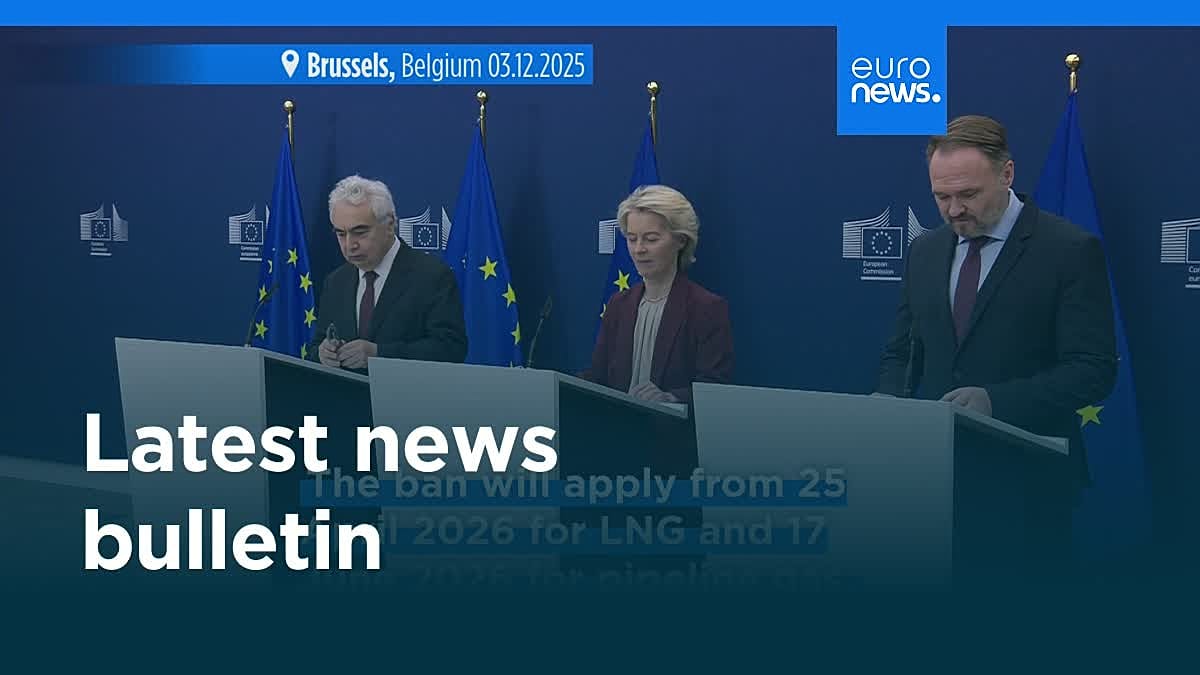For the Slovenian economy, predictability and stability are important in the EU-US customs agreement

Ljubljana – The Slovenian Ministry of Economy emphasizes the importance of predictability and stability following the customs agreement reached between European Commission President Ursula von der Leyen and U.S. President Donald Trump. According to the ministry, this enables “long-term planning and a competitive business environment.” “This also applies to the most important sectors for Slovenia, such as the automotive industry and pharmaceuticals,” the ministry stated on Monday, where they are already reviewing the agreement.
The Chamber of Commerce and Industry of Slovenia (GZS) is also waiting for the official final version of the agreement, which will specify the customs duty rates for individual goods and any potential quotas. The chief economist of the GZS analytical service Bojan Ivanc pointed out the open question of how the European Commission will encourage EU countries to invest in the U.S. or purchase American energy sources.
“A number of details are therefore still not defined. Nevertheless, we find that the period for the implementation of even higher customs rates – namely 30 percent, which were supposed to take effect on August 1 – has very likely been postponed into the future or may never happen at all,” he emphasized.
Among the positive aspects of the agreement, he highlighted the reduction of tariffs on car imports to the U.S., while also pointing out the still high tariffs on steel and aluminum.
In the last five months, the volume of Slovenian exports to the U.S. has decreased by seven percent, which, according to Ivanc, can be attributed mainly to a lower export of machinery and steel and aluminum. (July 28)













































